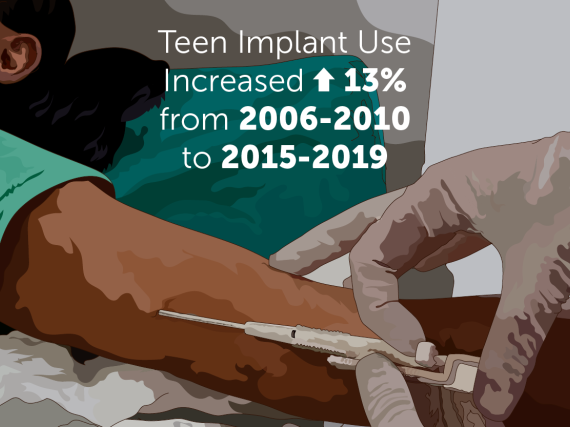Reproductive Health Care Costs Hit Black Community in Particular
All people should have the opportunity to determine if, when, and under what circumstances to get pregnant and have a child. Unfortunately, for Black women across the country not having access to quality health care is directly connected to systemic inequities that result in Black women being more likely to earn less. Consequently, they also struggle more to afford the cost of care. According to the US Census Bureau, almost 14% of Black women are uninsured and wage disparities and job security further impact poverty rates and access to health insurance.
Underlining the point even further is a recent survey of OBGYNs. In addition to other findings, the survey revealed that 92% of OBGYNs reported that for patients with low incomes the cost of reproductive health care continues to present challenges. Even further, the same survey showed that when treatment or test options are discussed with patients, over half of providers reported an issue of affordability.
Lack of access to birth control and related services impacts women across the country but such access gaps disproportionately impact Black women. Research shows that if Black women age 18 to 44 need birth control, only 39% could afford $10 or less to purchase it. The stark reality of Black women’s ability to purchase birth control is particularly troubling considering that Black women are 3 times more likely than white women to suffer from fibroids, a condition often treated with hormonal contraception. Also, per the CDC, Black mothers die at more than three times the rate of white mothers.
We know that cost is just one of the barriers to receive high-quality reproductive health care that Black women face. Through my work addressing sexual and reproductive health among young Black people I know there are no simple solutions to help alleviate the vast health disparities prevalent in these communities. Along with expanding access to family planning services for all, we must also invest in medically and culturally appropriate sexual and reproductive health information and ensure it's available to communities who need it most. Policies that eliminate barriers to care and expand access to all forms of contraception can help ensure more people have the resources and services they need to make important reproductive health decisions.
These policies can also help save lives.



